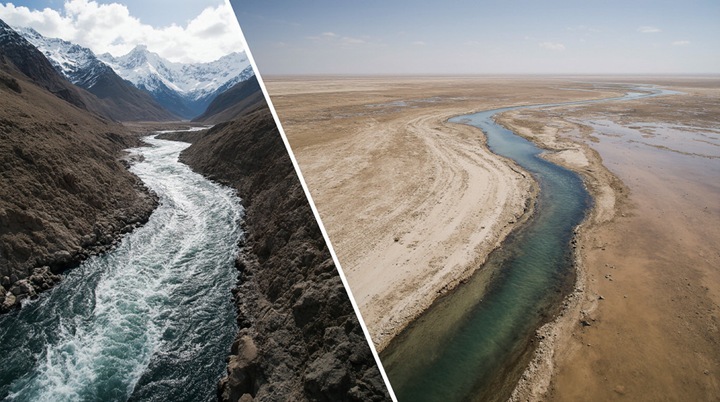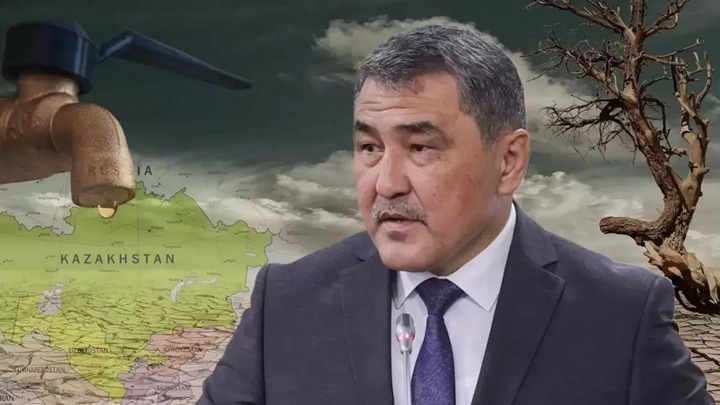The Qosh-Tepa Afghan Canal: a test of strength for the entire region
The official visit of the President of Kyrgyzstan Sadyr Japarov to Tajikistan brought to the fore one of the most acute problems of the region — the construction of the Qosh-Tepa canal by Afghanistan. This large-scale irrigation project has the potential to radically change the water balance in Central Asia, creating new economic and environmental risks for all countries of the Amu Darya basin, Bishkek Media points out.

According to former Deputy Prime Minister Tokon Mamytov, the consequences of launching the channel will affect not only Kyrgyzstan and Tajikistan, but also directly affect the interests of Uzbekistan, Turkmenistan and Kazakhstan. The current situation requires the countries of the region to develop a unified, coordinated position to protect common water resources and prevent ecosystem degradation, which is the foundation of food and economic security.
Along with water issues, the high-level negotiations cover key aspects of economic cooperation. The agenda includes expanding trade, developing logistics corridors and deepening cooperation with strategic partners such as China and Russia. The discussion of the integration of Central Asia into global transport chains opens up prospects for Kyrgyzstan to increase exports and strengthen the status of an important transit link in Eurasia. Of particular importance in this context is the status of Kyrgyzstan and Tajikistan as countries that form the main water resources of the region.
“The formation of a joint water policy remains an equally important direction. Kyrgyzstan and Tajikistan are located at the headwaters of the largest rivers in the region, and the sustainable development of Central Asian countries largely depends on a coordinated approach,” Mamytov stressed.
Thus, the joint water strategy becomes not just an environmental issue, but a key factor in long-term economic planning. The visit also confirms the commitment of the two republics to strengthen cooperation within the framework of the CSTO, the SCO and the CIS.
As the expert concluded, active interaction on these platforms contributes to solving common security challenges and creating an atmosphere of trust — a necessary condition for the implementation of major economic projects and ensuring the stable development of the entire Central Asian region.
Original (in Russian): Афганский канал Кош-Тепе: испытание на прочность для всего региона


